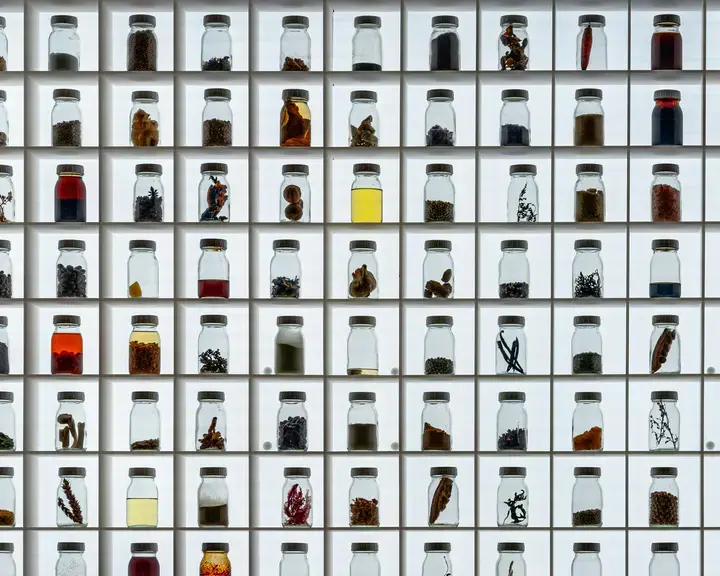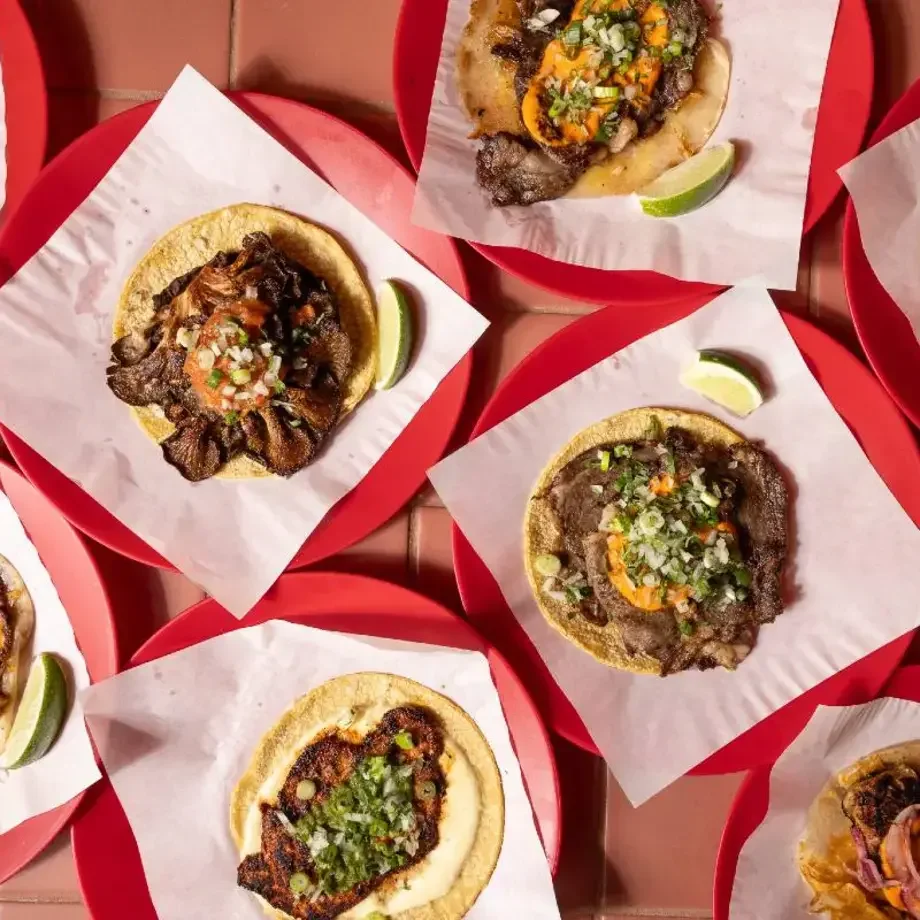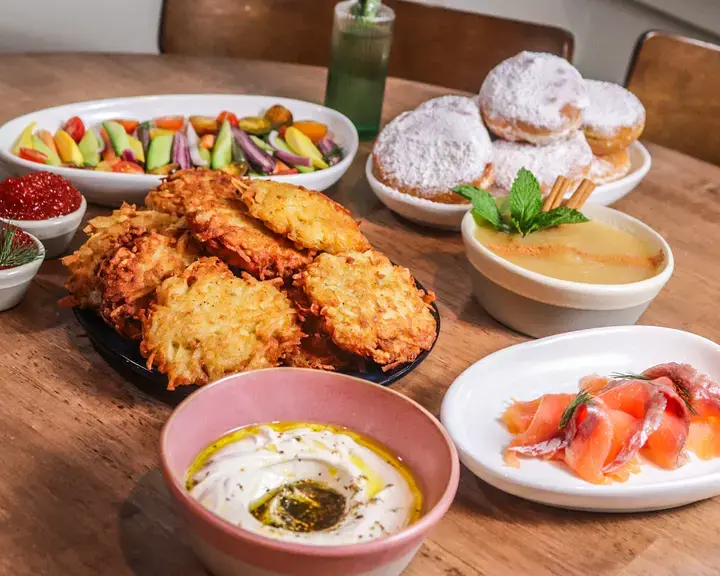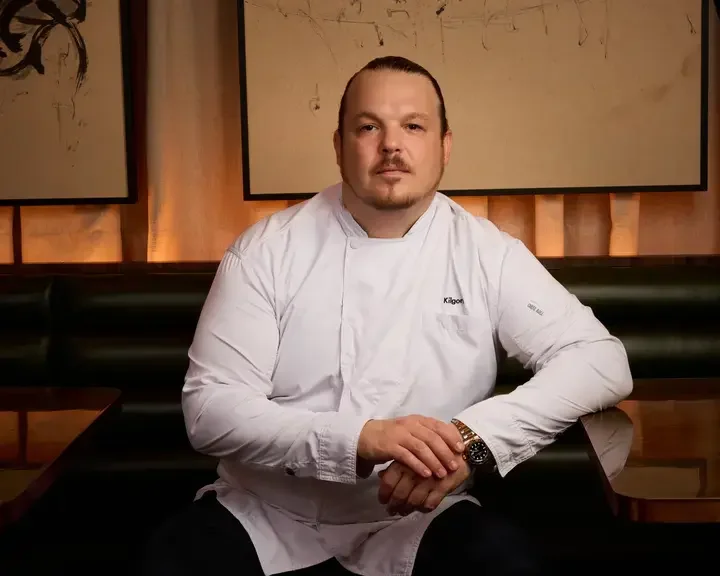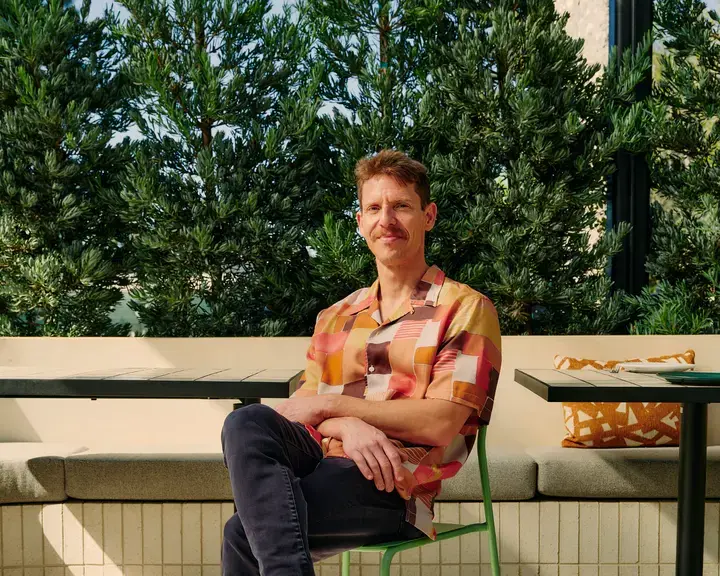Rafael Tonon

The Expert
Rafael Tonon is a journalist and food writer living between Brazil and Portugal and traveling the world to eat and write. He covers food trends, eating traditions and restaurant industry. His work has appeared in Eater, Munchies (Vice), Slate, Atlas Obscura, and other leading publications. Journalist graduated in Brazil (Pontifical Catholic University of Campinas) in 2004, he is the author of books Food Revolutions (set to be published in Summer 2019 in Brazil) and 50 Restaurants with More than 50 years – 5 Decades of São Paulo’s Food Scene about the most traditional restaurants in São Paulo (Brazil). He worked at Editora Abril - the largest group of magazines and media in Latin America. Between 2011 and 2013, he was the editor of Vida Simples (Editora Abril), a magazine specialized in sustainability, behavior, and well-being. During this period, he implemented in the magazine a monthly Food section, which deals with the food from a historical, anthropological, social and sustainable perspective. Rafael also worked as an editor in other magazines. He specializes in food and worked at several newspapers in Brazil. Today, as a freelancer, he works for various vehicles in the US and Europe. Rafael also specializes in behavioral and eating tendencies, being invited to be a lecturer in courses and events.
Latest
More to explore
From his love of Italian cuisine to his fine-dining bucket list, chef Zach Pollack opens up about favorite meals, personal goals, and the cooking philosophies that have shaped his culinary expertise.
